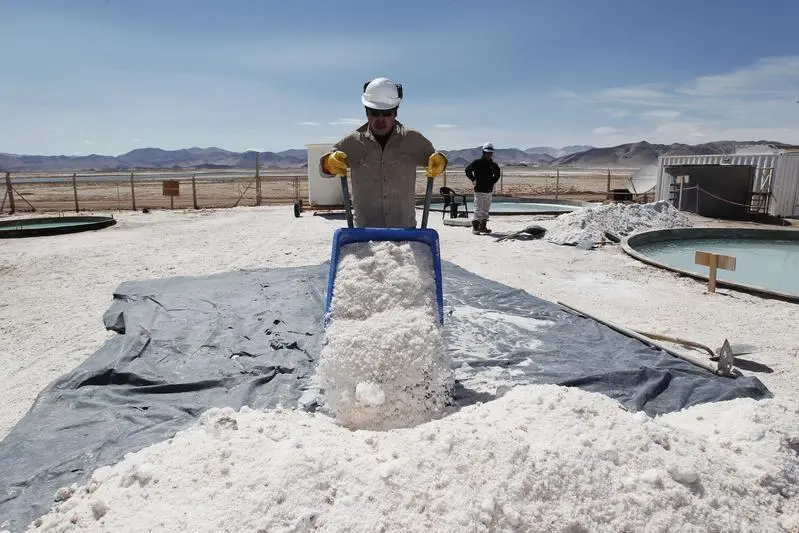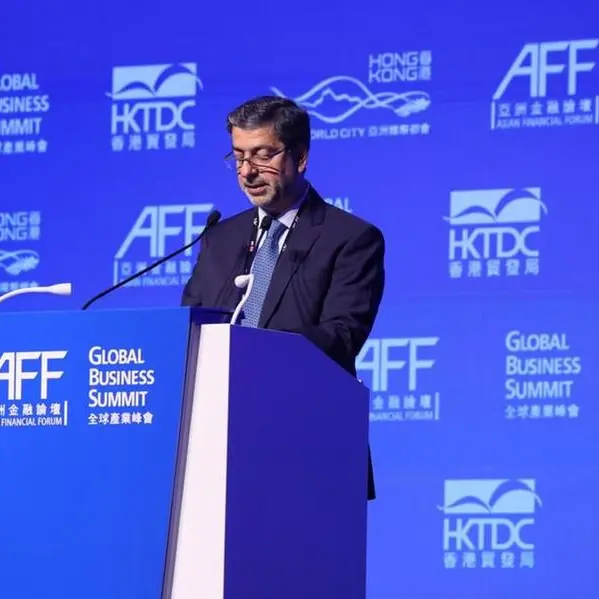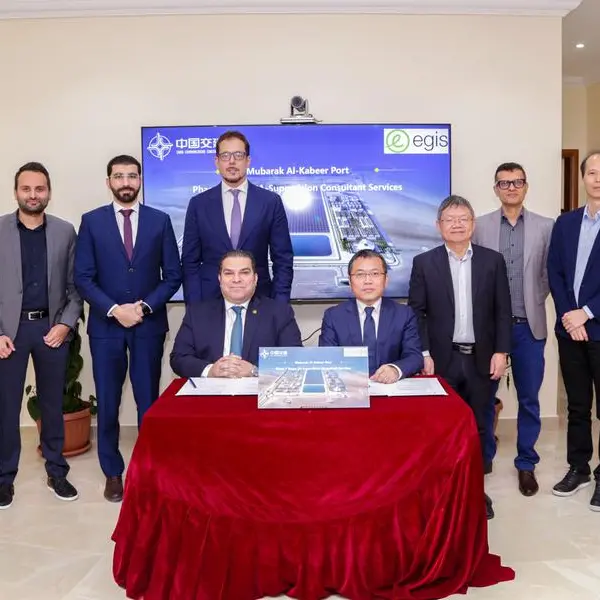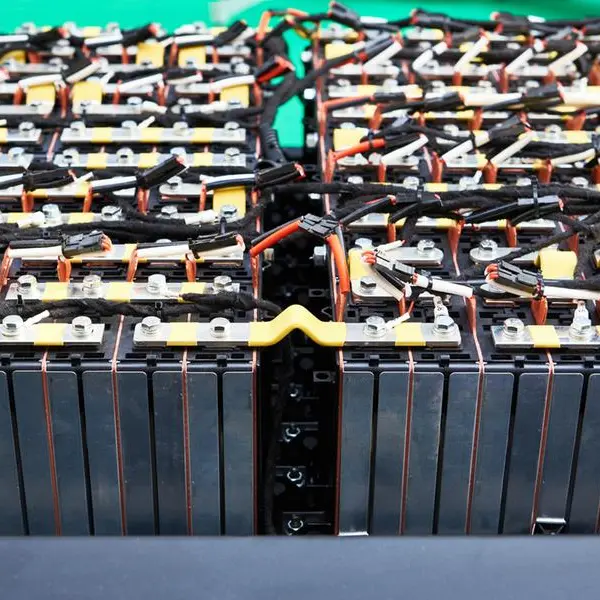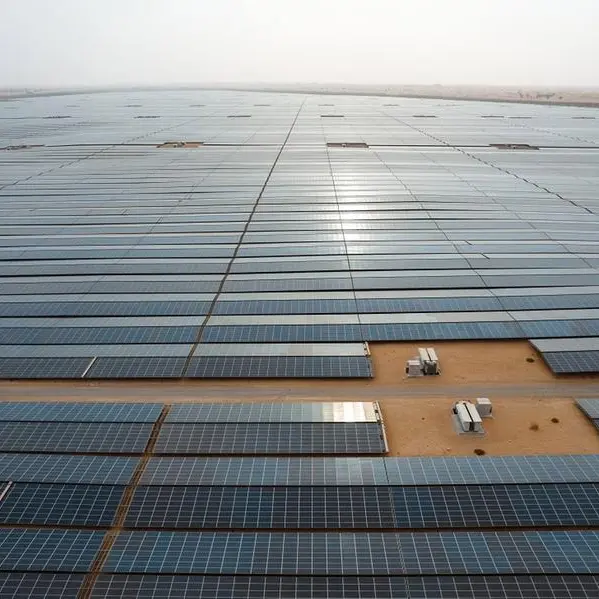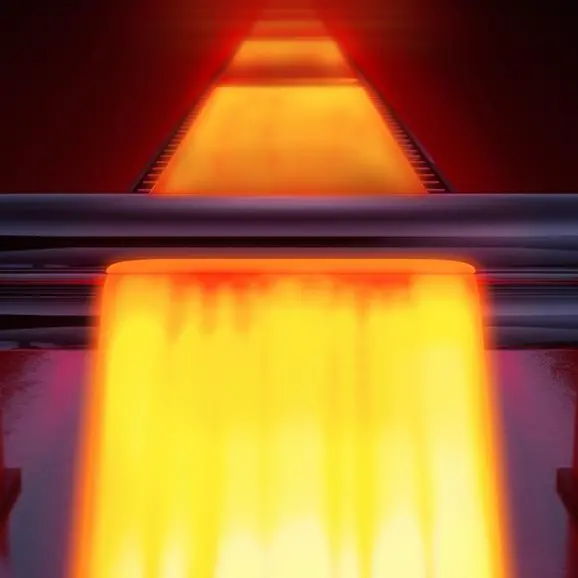PHOTO
LA PAZ - The Chinese consortium CBC, which includes battery giant CATL, and Bolivia signed a deal on Wednesday, deepening their cooperation in one of the world's largest lithium reserves.
As Bolivia seeks with China to increase its contribution to the battery production chain, the country's President Luiz Arce also said Bolivia this month could launch a new international tender.
"As a country, we want to participate in the entire production chain, not just in mining," he said.
The latest agreement adds to a previous deal with Bolivian state-owned lithium company in January 2023, when CBC agreed to invest more than $1 billion to start processing Bolivian lithium with the installation of two industrial direct lithium extraction (DLE) plants.
The second agreement provides for a further $90 million investment and expands CBC's participation in the emerging lithium industry in Bolivia, which is home to the Uyuni salt flat, one of the largest lithium reserves.
Speaking at the government palace in La Paz, Karla Calderon, president of YLB, said the agreements covered development of a pilot plant with initial production capacity of 2,500 metric tons per year. The plan was for "a future industrial plant with a capacity of 25,000 metric tons per year," he said, without giving a date for the expansion.
CBC representative Qinghua Zhou said the pilot had "important strategic significance for both parties".
"CBC will use its advanced technology and experience to carry out the pilot tests, making Bolivia an important global centre of the lithium battery industry chain," he said.
Bolivia has also signed agreements with two Chinese companies, CBC and Citic Guoan, and one Russian company, Uranium One Group, to build industrial facilities for the production of lithium carbonate.
An agreement has also been signed with India's Altmin to develop the technology of cathode materials for lithium batteries.
(Reporting by Daniel Ramos; Writing by Steven Grattan; editing by Barbara Lewis)
